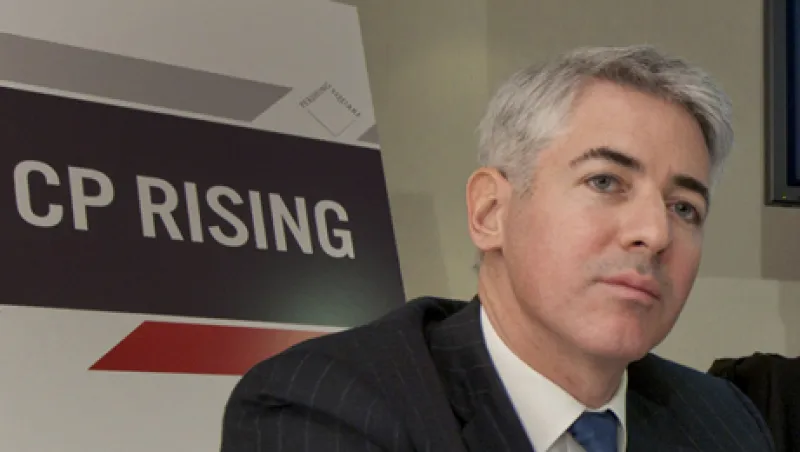Hedge funds are increasingly in a fighting mood. Although overall activism is roughly at the same level as last year, the number of proxy fights initiated by hedge funds is on the rise.
Through late July hedge funds were involved in 42 proxy fights, compared with 46 in all of last year, according to data on corporate activism from financial data company FactSet. What’s more, this year about 43 percent of hedge-fund-led proxy fights went the distance compared to about 30.4 percent in 2011.
Earlier this year, for example, Bill Ackman’s Pershing Square Capital Management won its proxy fight with Canadian Pacific Railway when all seven of its nominees got onto the board of directors. Ackman has also drawn attention to his stakes in J.C. Penney Co. and Procter & Gamble.
Dan Loeb’s Third Point agreed to end his threatened proxy battle against Yahoo earlier this year when the Internet company agreed to add three of Third Point’s proposed nominees to the board, including Loeb himself.
Earlier this year John Paulson pushed for changes at The Hartford Financial Services Group in what proved to be his first activist position.
However, while it seems like the hedge fund luminaries are taking on more and more megacap stocks, much of the action is taking place among the microcaps.
According to Chris Cernich, head of M&A and proxy-contest research at proxy-advisory firm Institutional Shareholder Services (ISS), in the past few years there has been a surge in the number of proxy fights between small, lesser-known hedge funds and small target companies.
For example, he says in the 19 proxy fights he counts as having gone the distance in the first half of the year — 18 of which Cernich says involved hedge funds — the median market cap of the target companies was only $24 million.
Thirteen of the 19 contests involved companies with market caps of $42 million or below while five of the 19 had market caps of less than $15 million, according to ISS. Five of the targets were small banks.
“You rarely see that,” says Cernich, since it is hard for the investor sponsoring the fight to make their money back.
For example, Los Angeles–based Red Mountain Capital Partners — a small hedge fund firm that specializes in small-cap companies — took control of the board at the $27 million Texas-based oil and gas exploration company, Cross Border Resources. New York–based activist investor Clinton Group won the board seat it was seeking at the $18 million Rumson Fair Haven Bank and Trust in New Jersey.
However, in 9 of the 19 contests, the dissident lost. This included Starboard Value in its high-profile battle with AOL, as well as Brigade Leveraged Capital, which failed to get one board seat at casino operator Greektown Superholdings.
One group that seems to be concerned about the rising level of hedge fund proxy fights is the takeover defense bar.
In July Martin Lipton of Wachtell, Lipton, Rosen & Katz, who is credited with inventing the poison pill defense in the 1980s, fired off a four-page memo entitled, “Dealing With Activist Hedge Funds,” which he says is a revision of the one he did in 2007 as a supplement to his “Takeover Response Checklist.” “The past ten years have seen a high and increasing level of activist campaigns,” he writes, adding during that period there have been more than 300 activist attacks on major companies.
He warned clients that some of the activists aim to change management or the board of the target in order to make it easier to take over the company or force a sale of the target. “Careful planning and a proactive response are critical,” he writes. “Failure to prepare reduces a company’s ability to control its own destiny.”
Lipton further counsels: “Companies must regularly adjust strategies and defenses to meet changing market conditions and legal developments.”
This clearly includes even the smallest public companies.







